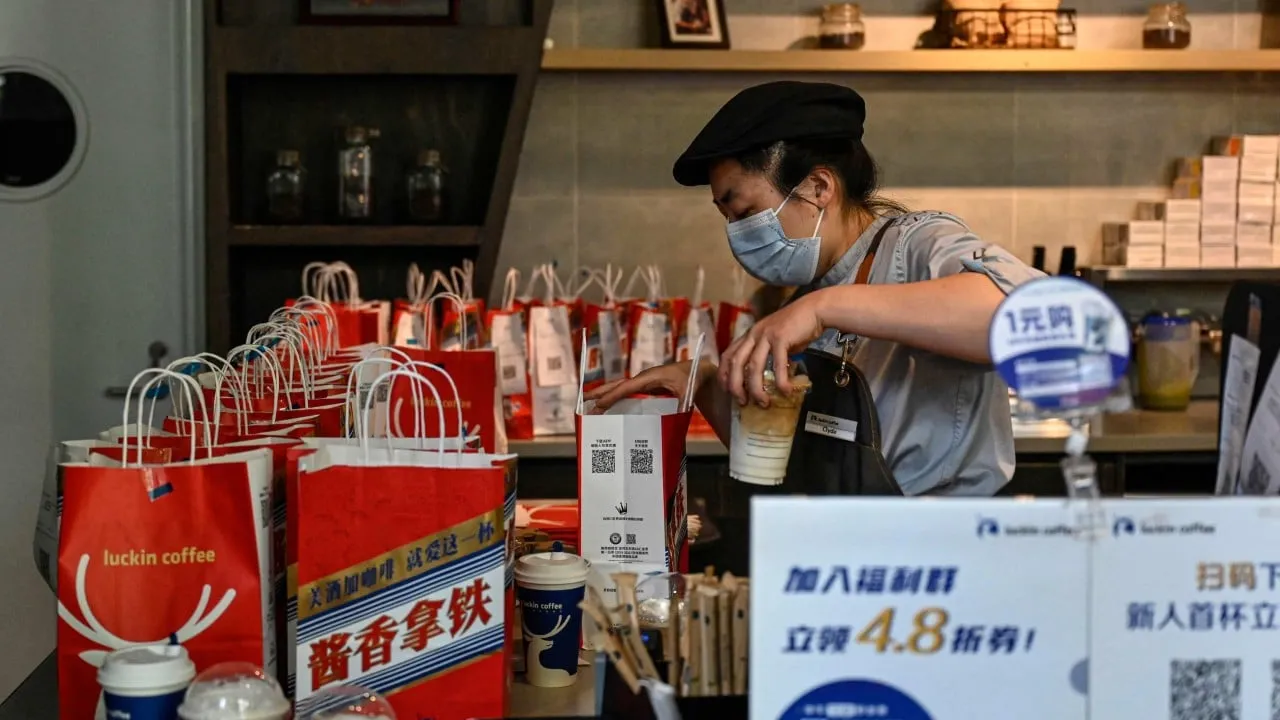Starbucks and Luckin Coffee Drive China-Brazil Coffee Trade Growth

The Rise of Brazilian Coffee Exports to China
During the inauguration of the Brazilian embassy in Beijing in 1974, a significant moment was captured, reflecting deep-rooted ties between the two nations. Today, this link is seen in coffee trade, as the Brazilian Coffee Exporters Council predicts a 65% increase in Brazilian coffee exports to China by 2024, reaching an estimated US$525 million.
A Driving Force: Chinese Demand for Coffee
- Brazil holds the title as the largest coffee exporter to China, contributing 44% to the country's coffee imports.
- In 2022, China imported US$80 million worth of Brazilian coffee, escalating to US$280 million last year.
- The growing enthusiasm for coffee varieties and a focus on sustainability are propelling exports.
The Coffee Market in China
The Chinese coffee market is on an impressive trajectory. With expectations to grow from 265.4 billion yuan to 313.3 billion yuan by the end of 2024, coffee consumption is rapidly gaining ground. Notably, Shanghai has emerged as the city with the highest number of coffee shops globally.
Strategic Partnerships in the Industry
Luckin Coffee, China's foremost coffee chain, recently announced a substantial agreement to import 120,000 tonnes of Brazilian coffee over the next two years. This mirrors the wider trend of international chains like Starbucks expanding their presence in China, altering consumer perceptions towards coffee consumption.
Conclusion: Expanding Coffee Horizons
With a unique blend of consumer trends and strategic international partnerships, Brazil and China are poised to enhance their coffee trade ties. This partnership is not only economically significant but also culturally enriching for both countries.
This article was prepared using information from open sources in accordance with the principles of Ethical Policy. The editorial team is not responsible for absolute accuracy, as it relies on data from the sources referenced.